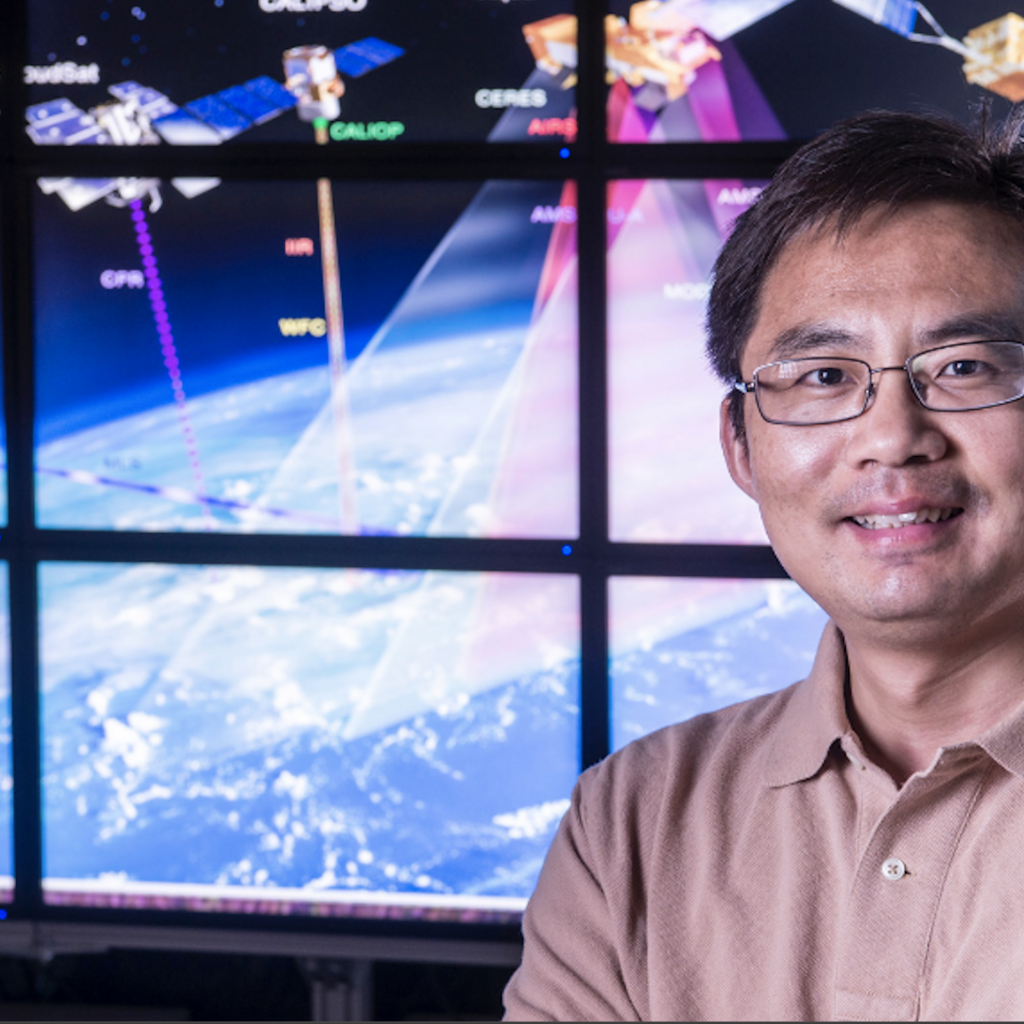
Fires have profoundly shaped the course of human civilization. Yet, in recent decades, the increasing frequency and intensity of wildfires — and their emissions of smoke particles and other pollutants — have caused significant damage to our planet, with unavoidable consequences for for our decades-long regulatory efforts (including those through the “clean air act” in U.S. since 1970s) to improve air quality and public health. Addressing these challenges associated with fires at a global scale in part requires innovative and cost-effective engineering solutions, for which satellite remote sensing is indispensable. In this talk, I will provide an overview of how fires and atmospheric aerosols are detected from space and emphasize the urgent need for new satellite missions to monitor the health of our changing planet. I will highlight the contributions of Iowa students and scholars in developing novel technologies for monitoring and predicting fires and air quality. I will conclude the talk with a vision for NightHawk, a satellite mission currently in early formulation. If successful, NightHawk will deliver unprecedented insights into wildfire behavior, the transport of smoke and dust, urban air quality, light pollution, disaster management, and economic activities — all at night — serving as a pathfinder for our future to observe our planet after dark, with the same level of detail that current satellites provide during the day.
Prof. Jun Wang is a leading expert in satellite remote sensing and Earth system modeling, focusing on changes of air quality and atmospheric composition associated with wildfires, volcanic eruptions, and other natural and human activities. He directs the Atmospheric and Environmental Research Laboratory at the University of Iowa and has served in leadership roles for NASA satellite science teams, mission planning, and interdisciplinary projects in areas of precision agriculture, public health, and national security supported by NSF, USDA, NASA, NOAA, DoT, DoD, and industry partners. Prof. Wang is a Fellow of the American Meteorological Society and the American Geophysical Union, and a Senior Member of IEEE. He has published more than 230 peer-reviewed papers with an H-index of 71. In 2024, he was honored with the University of Iowa’s Scholar of the Year Award and Regents Award for Faculty Excellence, as well as the AGU Joanne Simpson Medal for “breakthroughs in remote sensing of fires and aerosols, seminal work in atmospheric composition studies, and outstanding service to the AGU community.”
This year marks the 52nd annual Kurtz Lecture, sponsored by the University of Iowa Department of Electrical and Computer Engineering. The lecture commemorates the late Edwin B. Kurtz, who served as Professor and Head of the department from 1929 to 1960. Professor Kurtz was a pioneer in educational broadcasting and played a central role in establishing the world’s first educational television station, directing experimental station W9XK in Iowa City during the 1930s.